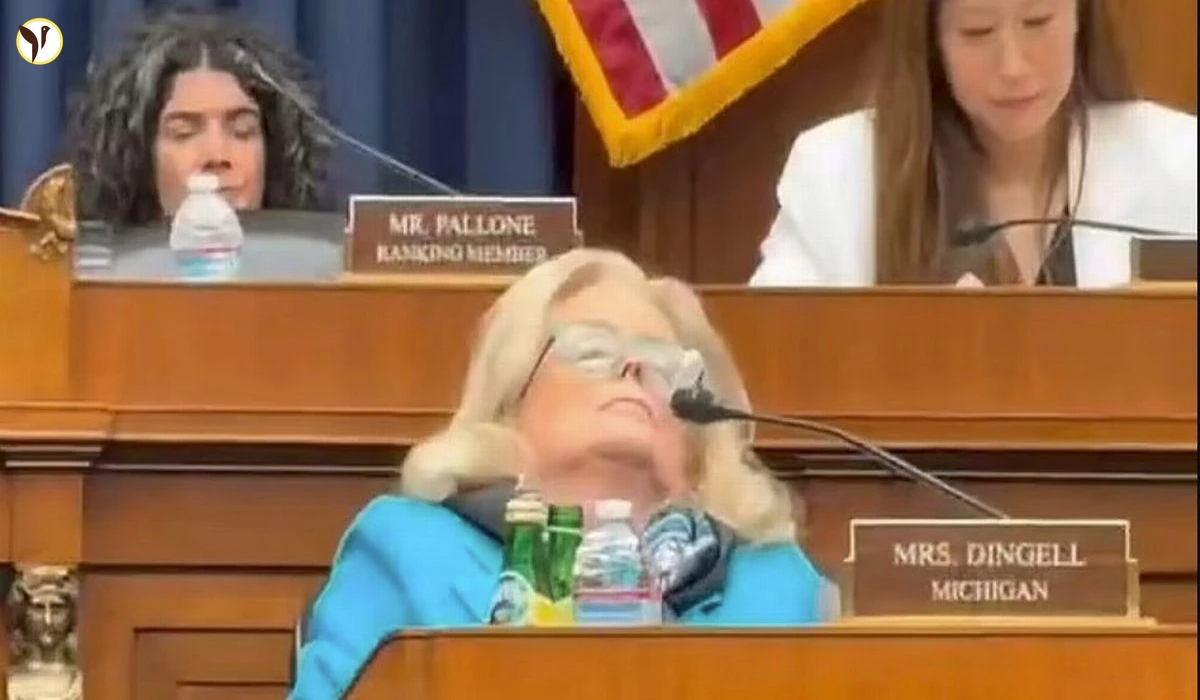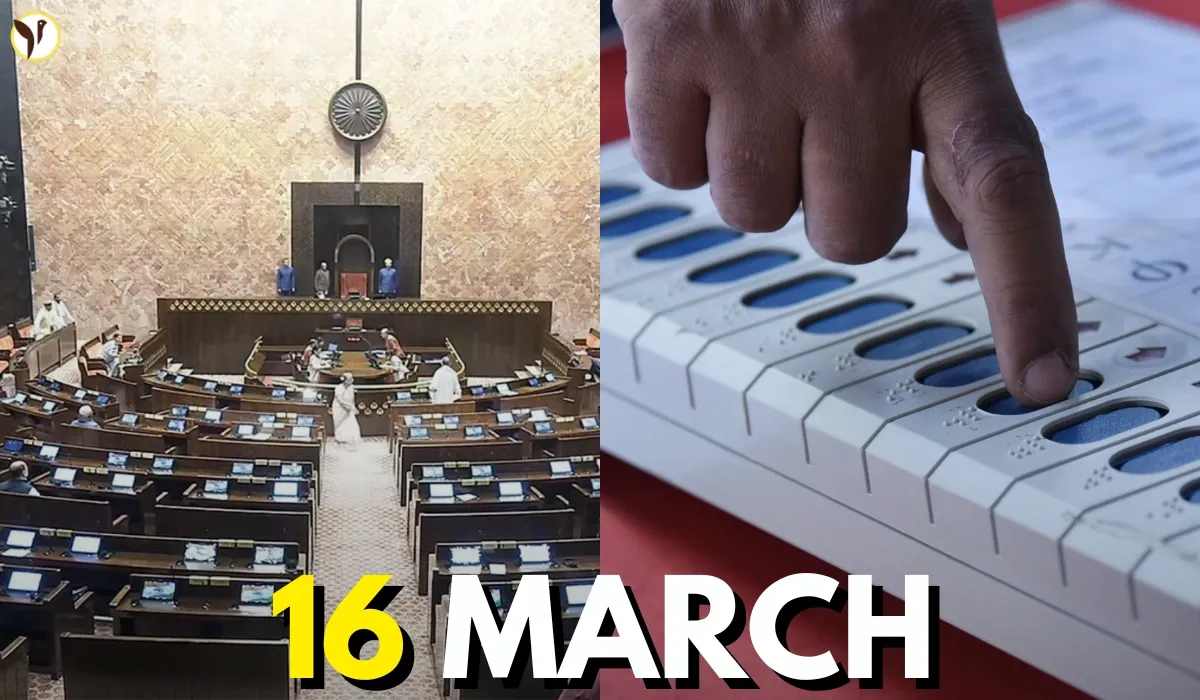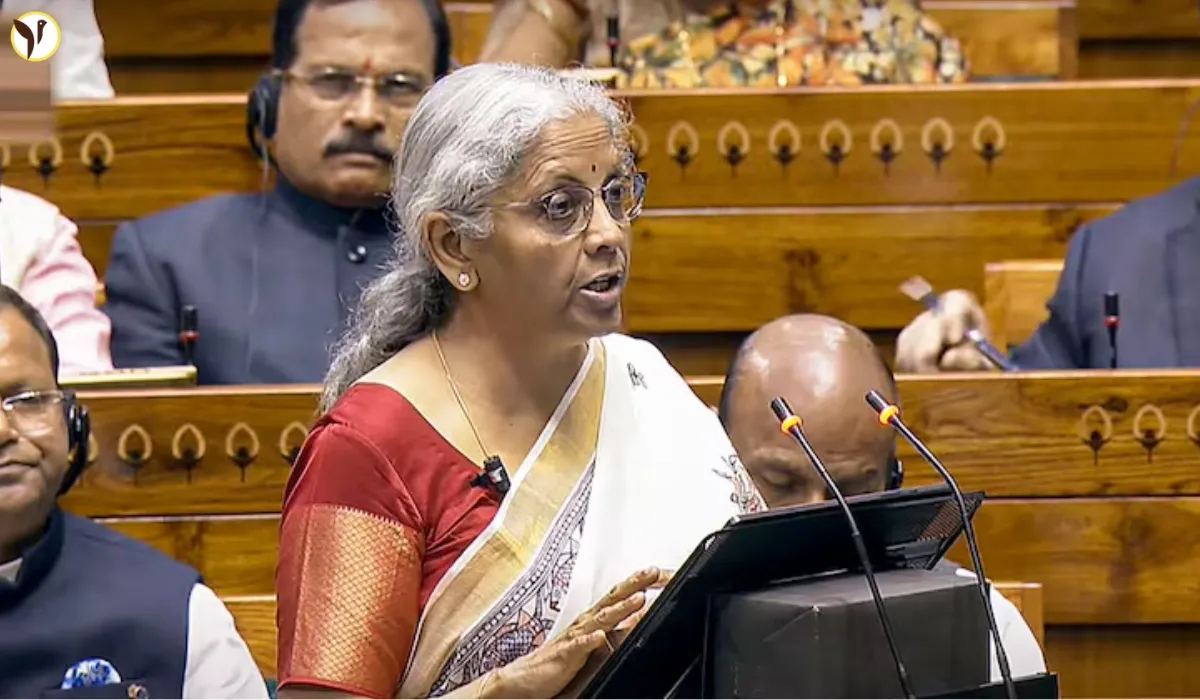Sleepless in Congress: Lawmakers Nod Off During Marathon Sessions
It's a scene that's played out in countless workplaces: exhaustion leading to a midday nap. But when it happens in the hallowed halls of Congress, during crucial legislative sessions, it becomes national news. This week, several members of the House found themselves caught on camera dozing off during lengthy committee meetings, sparking a flurry of online commentary and raising questions about the grueling demands on lawmakers.
The Sleepy Representatives
The most widely shared video showed Michigan Representative Debbie Dingell, seemingly fast asleep amidst several beverage bottles, during a House Energy and Commerce Committee meeting that stretched late into the night. The footage, quickly circulated on social media, led to a wave of criticism, with some questioning her dedication and professionalism.
- The Backlash: Dingell faced considerable online criticism for her apparent nap, with many people on social media likening it to sleeping on the job.
- Dingell's Response: However, Dingell defended herself, stating she'd been awake for 31 hours working on healthcare legislation. She emphasized her commitment to fighting for affordable healthcare access.
But Dingell wasn't alone. Illinois Representative Jan Schakowsky, also a Democrat, was spotted taking a nap during the same marathon session. And, in a separate incident, Utah Republican Representative Blake Moore was caught sleeping during a House Ways and Means Committee hearing that also lasted well into the early morning hours. In Moore's case, a colleague, Rep. Michelle Fischbach of Minnesota, gently woke him up during a roll-call vote, leading to a moment of laughter in the committee room.
- Moore's Take: Moore later joked about the incident, admitting to being exhausted and playfully blaming the long hours and the monotony of the process itself.
- The Context: Both meetings involved crucial legislation, making the lawmakers’ exhaustion even more noteworthy.
The incidents weren’t limited to these three Representatives. Videos surfaced showing several other Representatives who appeared to be dozing off in the background during various points in these lengthy meetings. While not all instances were as widely viewed or discussed, they paint a picture of widespread fatigue among lawmakers tackling challenging, and time-consuming legislative work.
A Broader Trend?
These recent incidents aren't isolated events. Earlier this week, President Trump and several members of his cabinet were also seen appearing drowsy during a lengthy speech, highlighting the potential toll of long days and intensive political negotiations on even the most high-profile individuals. The exhaustion seems to be a fairly widespread issue within the current political climate.
Conclusion:
The on-camera naps of several congresspeople highlight the intense pressures and demanding schedule of those serving in Congress. While the online reaction ranged from criticism to understanding, the incidents raise questions about the work-life balance of elected officials and whether the current system allows for adequate rest and rejuvenation. Ultimately, the sleepiness of several representatives highlights the difficulties of balancing the political process with individual well-being. It serves as a reminder that even those in positions of power are susceptible to the simple need for rest.









